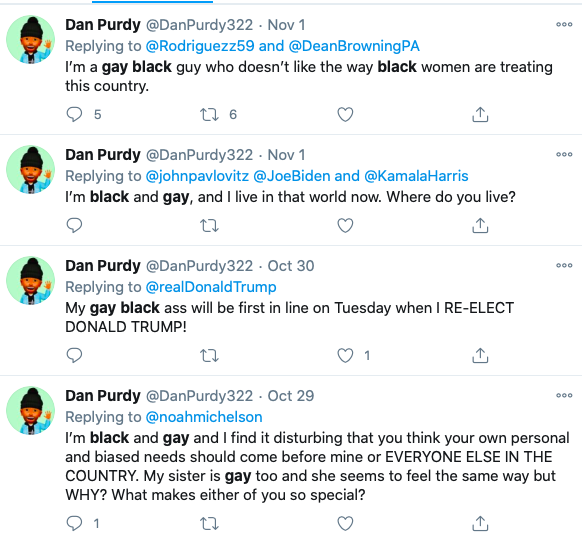
Beginning to see some Trumpworld folks citing Gore's delayed concession in 2000 as precedent for their refusal to concede. Some context:
Al Gore conceded on December 13, 2000, 37 days after the election—and the day after the Supreme Court ruled against his campaign. Thirty-seven days after Election Day 2020 is one month from today.
Of course, in 2000, there was a legitimate, discrete dispute over the results in a single decisive state, and an ongoing process of litigating that dispute. None of that applies this year.
But if you're wondering how long Trump's people will be trotting out "Gore took longer to concede," the answer is: One more month.
• • •
Missing some Tweet in this thread? You can try to
force a refresh





